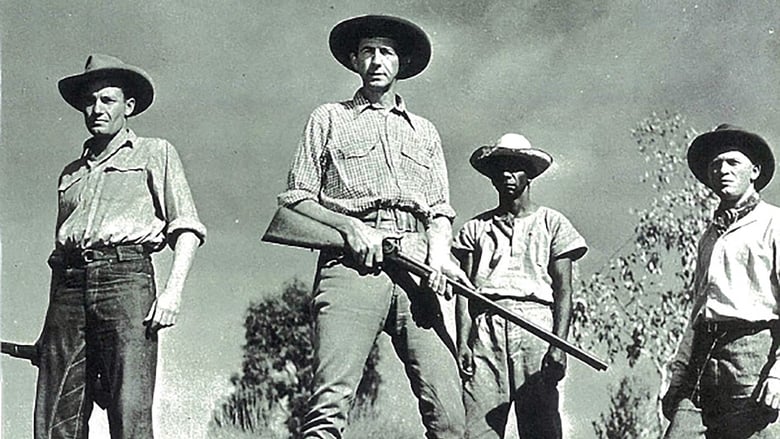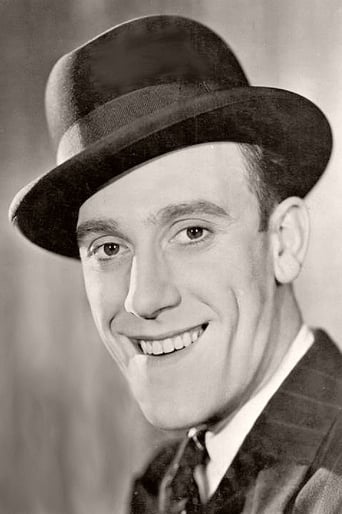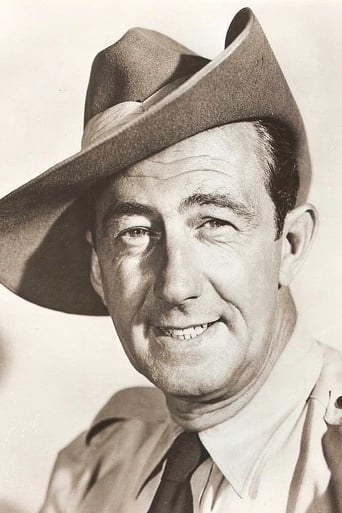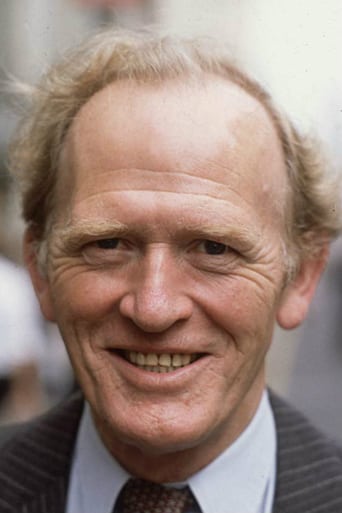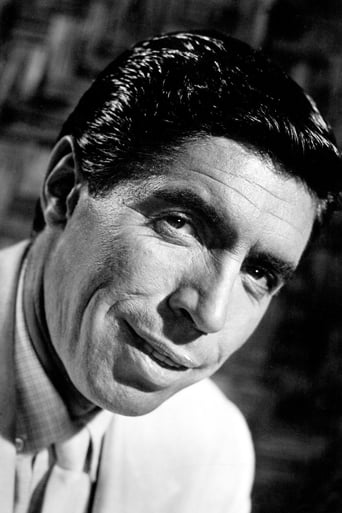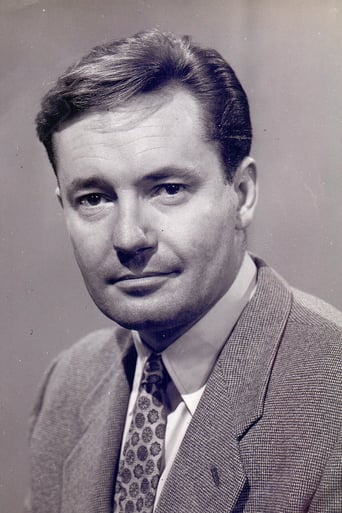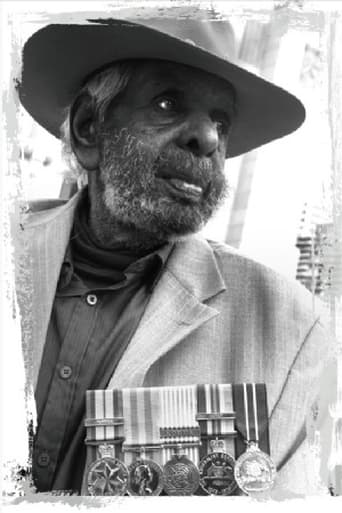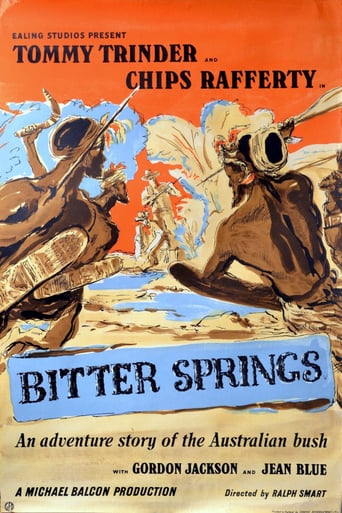
Bitter Springs
July. 05,1950A family buy land set around a water hole in a remote location, that is occupied by native Australians. The two groups clash.
Similar titles
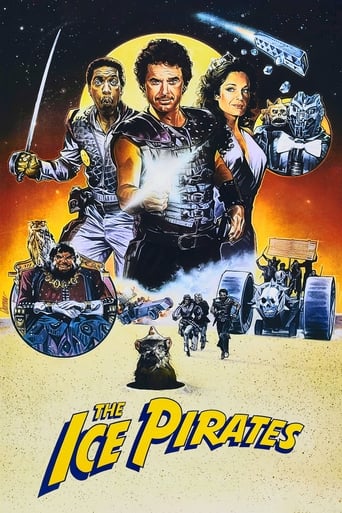
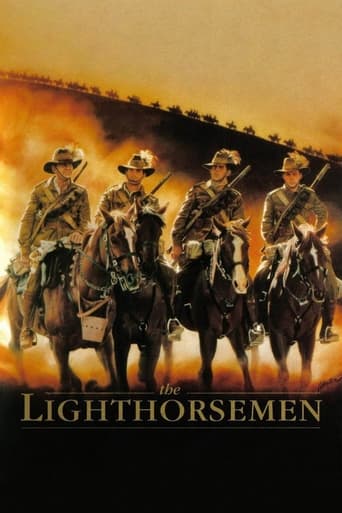
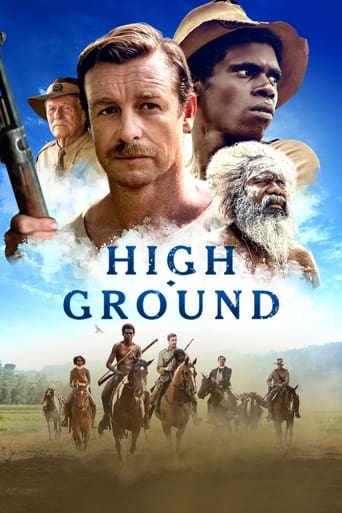

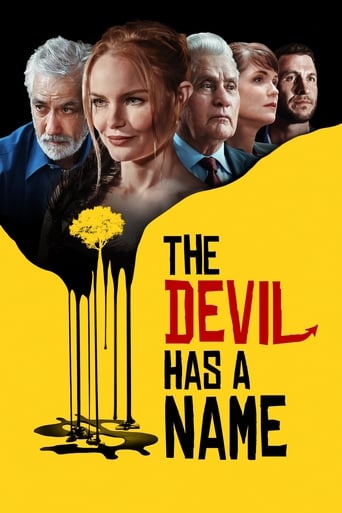
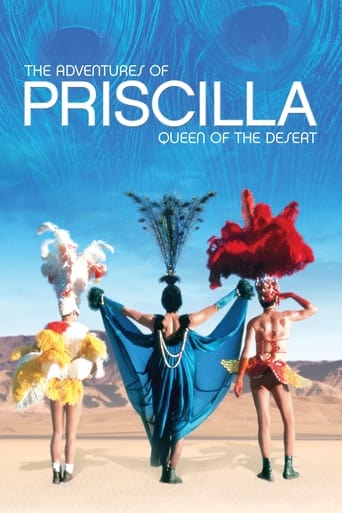
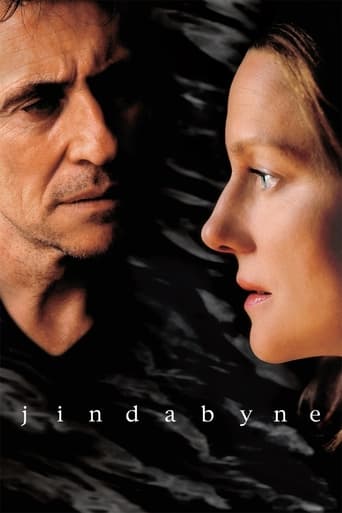
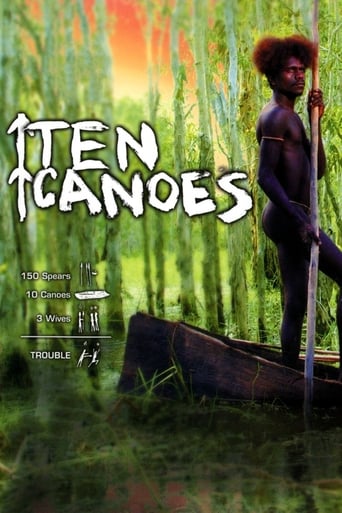
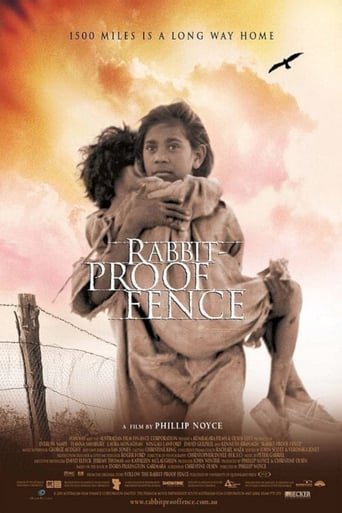
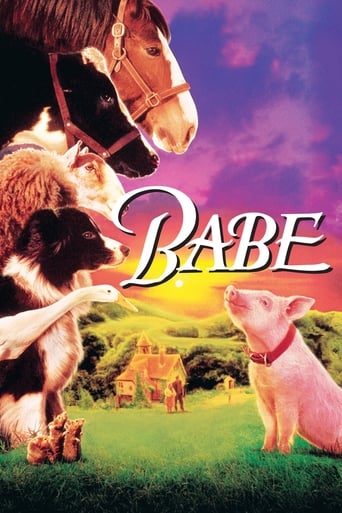
Reviews
Very best movie i ever watch
Excellent, Without a doubt!!
A story that's too fascinating to pass by...
This is a small, humorous movie in some ways, but it has a huge heart. What a nice experience.
Chips Rafferty stars in this semi-realistic fable slash western film based in the mid-north of South Australia. A family move to a selection in South Australia together with some English immigrants, a con man and his son and a Scottish carpenter. Lucky for them, the land has already been cleared (it would have been densely covered in mallee forest at the time, but was completely cleared by 1950). They build a log cabin in an area with not many trees but plenty of loose stones, although the plot reason for this is later revealed. They drink from metal cups but have a wooden bucket and a thatched roof (rather than roofing iron) on their house. When trouble arises with aborigines, they decide to shoot them, this being completely illegal of course.
Pioneers in the rugged Australian outback drove a thousand head of sheep into the bush but run afoul the local Indigenous population over custodianship of the land and hunting rights. Perennial ocker Chips Rafferty pairs with cockney Tommy Trinder, whose son is later abducted by aborigines as retribution after Bud Tingwell kills one of the tribe during a heated stoush. Trinder sets out to retrieve his son and also ends up prisoner, but the two guards left to watch the pair are beguiled by his amateur magic tricks enabling both to escape.Scot Gordon Jackson and Aussies Bud Tingwell and Michael Pate tag along for a little brawn and the occasional moral disagreement with the short tempered Rafferty (particularly Jackson), while half caste tracker and interpreter Henry Murdoch abandons the group and takes up with the aborigines in opposition to Rafferty's rough-handedness.Standard Australian bush tucker from the era, with apparent racially prejudiced subject matter that might challenge some of today's audience sensitivities, but without commenting on the socio-political atmosphere, there's enough action, landscape, tribal culture and light drama to mildly entertain.
The previous reviews document well about how this has been influenced by American westerns.However, don't let this put you off in any way.This movie is not a western movie with an Australian wrapping. It is not an English attempt at "Cowboys & Indians".This movie documents well how the conflict between white settlers & Aboriginals started. White man wants land & water. White man cannot comprehend the Aboriginal culture of land & water ownership, and how it works. (Communally owned) Two opposing worlds collide. Two misunderstandings. Two cultures meet at a "fault line".Remember that this is 1950. Australia has a "white Australia Policy". Aboriginals can't even vote !. This is a very brave film that tackled white Austalia's prejudices at the time.The acting from Chips Rafferty is at its best. The Aboriginal actors did a great job too.This movie should be shown to anyone interested in Australian history, and how "we got here" today.
A surprisingly successful Australian 'Western' (shades of "The Overlanders") which takes an unexpected turn; it looks as if the film is going to focus in traditional fashion on the bonding of the various disparate characters and the physical obstacles they have to overcome during their long journey, but in fact the sheep drive occupies a relatively short proportion of the film. The central issue turns out to be the discovery that all the 'new land' on the far side of the desert is already occupied -- by the local Aborigines, who have been there for millennia and have no intention of going away, not least because they have no other water source and nowhere else to go.The local headman tells the incomers that they are welcome to visit but will have to leave the water-hole after a limited period: when they ignore this and settle down to building a farmhouse on the grounds that the Aborigines will soon get used to the idea, conflict for the limited resources is inevitable. It starts when the 'whitefellas' innocently disrupt a laborious kangaroo hunt with their high-powered rifles, escalates when the Aborigines retaliate by killing the settlers' sheep in place of kangaroos, and turns bitter when one of the Aborigines is shot in what the script unequivocally calls 'murder'. When the newly-completed farmhouse is burnt to the ground Wally King, the settlers' leader, decides to drive the entire tribe out of the area with the threat of the guns.But it is what happens next that is interesting. Forced to trespass on the territory of a neighbouring tribe, instead of fighting one another over the water supply the Aborigines take council, analyse their enemies' weaknesses -- firearms, unlike the 'blackfella' weapons, cannot shoot round corners -- and join forces to launch an intelligent counter campaign using the techniques King has derided as 'Stone Age'. And they win: when Tommy, captured in a failed attempt to rescue his young son who was taken prisoner during the fire, finally argues the former black stockman into helping him escape the Aborigine camp and contact the nearby mounted police, it is on the grounds that the impending victory will bring down reprisals from the government on the heads of the tribe.By the time that the son of the family, goaded into a desperate, self-sacrificing attempt to breach the siege on the water-hole by the knowledge that it was his casual act of murder that brought down disaster on them all, is brought down by an Aborigine spear, it comes across not as 'natives slaughter handsome hero' but as cathartic justice: with the murderer dead, perhaps massacre can be averted? But events have gone too far for that.There was apparently some disagreement over how the film should be ended, with a strong suggestion that the story's dark logic led to an aftermath of futile mutual slaughter. But the less disturbing version actually filmed has the traditional last-minute 'cavalry rescue', in which the final attack on the besieged settlers is broken up by the arrival of Tommy (who, thanks to being captured at an early stage, has in fact fared rather better than the others) and the mounted police, and it is disclosed that young John King has somehow survived. Even this has a bitter taste, as King is forced to face up to the results that his actions in provoking the whole situation will now have on the Aborigines. The only rather unbelievable note comes in the final shot, as (presumably at the insistence of the local state government, who had successfully bid to host the film) the tribesmen are seen having happily discarded their customs to work alongside King and his men as employees on the sheep farm, thus somehow stretching the water supply to accommodate all -- it is not explained how.With the exception of this rather jarring insertion, the film makes a powerful and unexpectedly eloquent point about the intrusion of white culture into the 'empty' outback while initially appearing to form part of an entirely different genre. Tommy Trinder as comedy relief (and presumably as box office draw for Ealing's British market) is surprisingly successful: casting him as a down-on-his-luck performer who becomes a stockman when he can't earn enough in his own trade allows him to show off his own performance skills, while he plays his supporting part in the 'straight' drama effectively and without dominating the screen.A wild card and not at all what I was expecting, but one of the more effective films in the Trinder season.
Top Streaming Movies











